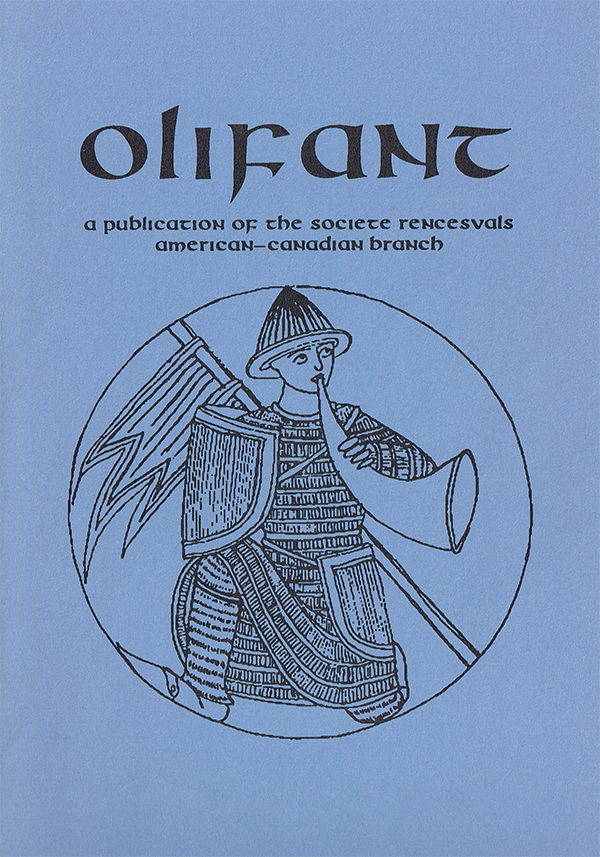Le contexte idéologique de Girart de Roussillon. Quelques remarques sur la partie finale du poème
Main Article Content
Abstract
The ideological background of many chansons de geste is still but little known. One of the most interesting texts from this point of view is the twelfth-century poem Girart de Roussillon, which praises ecclesiastical values such as pacifism and humility and even defends some very specific theological positions. This paper analyzes some aspects of the final part of the poem, such as the allusion to the legend of St. Bartholomew (which further corroborates the localization of the text in the Lyon region), the uncommon use which is made of this legend and which implies a rejection of extreme poverty and an acceptance of social constraints, as well as the stress laid on the construction of churches and on prayers for the dead. These concerns presuppose the reactions of the Church against the heretics of the first half of the twelfth century, Peter of Bruys and Henry of Lausanne. The necessity of fighting the latter’s movement (which was still virulent around the middle of the century) might very well be one of the reasons that induced the poet to write an epic in the local language.1
Downloads
Download data is not yet available.
Article Details
Section
Papers / Communications
